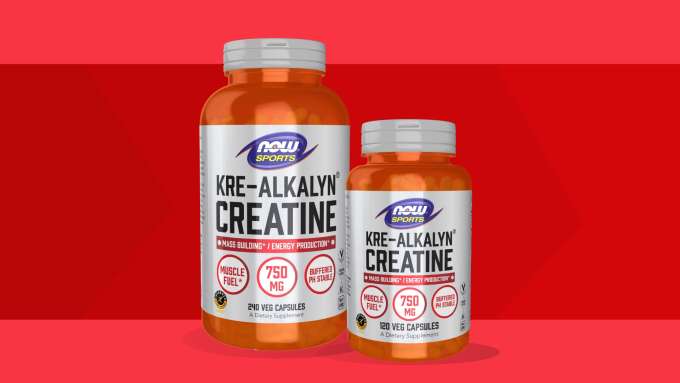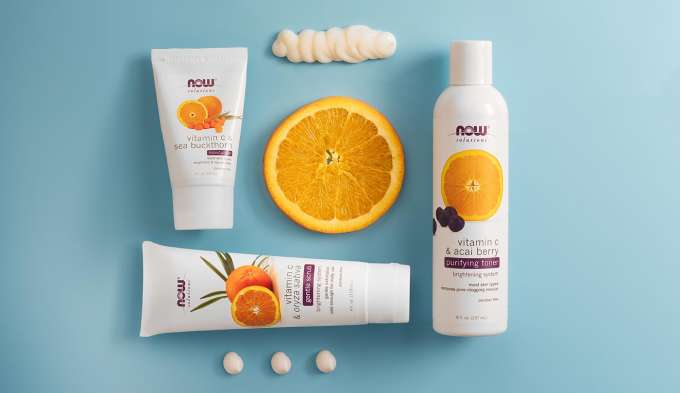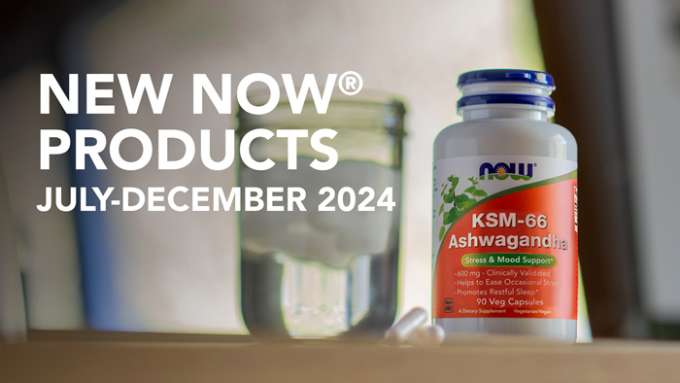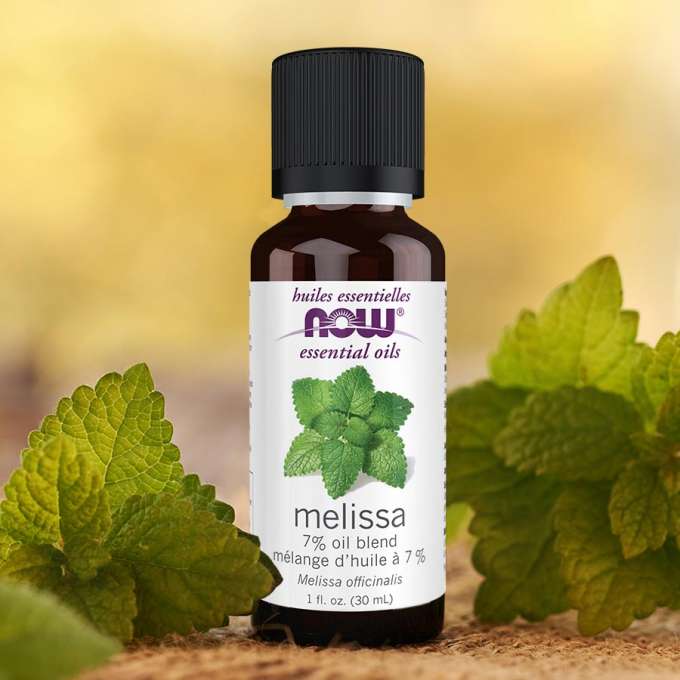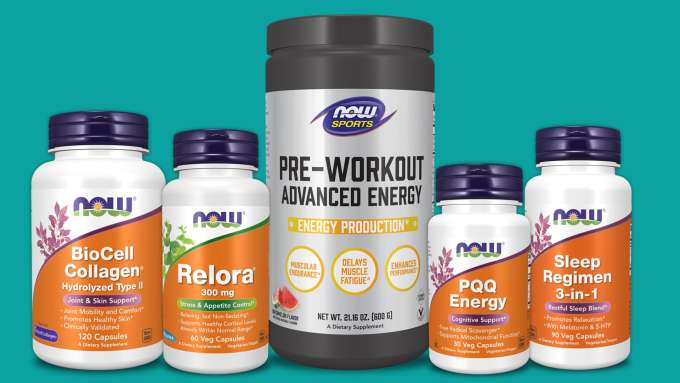Use coupon code SATIVA with your purchase of $30 or more for a free†
Vitamin C & Oryza Sativa Gentle ScrubArticles
Here you will find a variety of articles like natural product news, FAQs, research studies, ingredient information, infographics, slide shows, and even workouts that help empower a healthy lifestyle and demonstrate how and why to use NOW® products. Browse the list below or filter by Category or Article Type.
Showing 24 of 542 matching articles
Pagination
*These statements have not been evaluated by the Food and Drug Administration. These products are not intended to diagnose, treat, cure or prevent any disease.


















